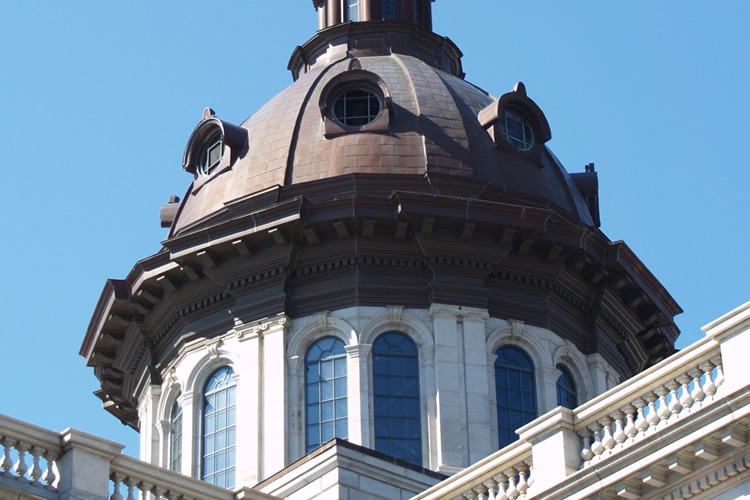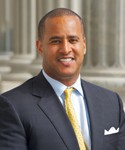
By Lindsay Street, Statehouse correspondent | When the legislative session begins Jan. 8, lawmakers will begin grinding the two-year session’s primary targets — education and tax reform — through subcommittees and committees.
It’ll look like a sluggish start with mostly non-controversial bills or past bills that gained traction but didn’t have enough steam last session, according to House and Senate members.

“Things will take a little while and move slowly in the beginning,” said S.C. Senate Majority Leader Shane Massey, R-Edgefield.
Legislation that could be brought to the floor early in 2019 includes bills to address gubernatorial appointments made when the General Assembly isn’t meeting, medical marijuana, local government funding, and additional measures to curb opioid abuse, according to elected leaders and staff members.
Likely first moves
The S.C. House of Representatives has already organized during the off-session, but for the Senate, that will be a first priority. There, the Senate is expected to reorganize under a president of the Senate now that the state’s lieutenant governor is no longer the chamber’s presiding officer. .
After organizing, the Senate is likely to address out-of-session gubernatorial appointments, insiders said
“What you’ll see is that the Senate is going to pass pretty quickly to fix the interim appointments issue that came up in the fall,” Massey said. During recess, Gov. Henry McMaster appointed former S.C. Attorney General Charles Condon as interim chairman of state-owned utility Santee Cooper. The Senate, which confirms gubernatorial appointments, objected to the move but later lost a suit in court.
Meanwhile, the House is expected to begin committee work in earnest, especially in the budget-writing Ways and Means Committee. The annual state budget originates in the House.

New Ways and Means Chairman Murrell Smith, R-Sumter, said education and its funding will be tackled early in the committee’s legislative and budget-writing subcommittees.
“You’re going to see a lot of emphasis on that both on the policy-side and the funding-side,” Smith told Statehouse Report.
During the second week of session, Jan. 14-18, the Senate isn’t expected to convene as a full body, but will address items in committee that week, sources said.
“The Senate is going into perfunctory session to allow us to work in committees,” Sen. Sean Bennett, R-Dorchester, said. “That could generate results pretty quickly.”
The bills to move quickest at the beginning of session “aren’t very life changing” and wouldn’t “cure cancer,” according to Bennett. But Davis, his Republican colleague from Beaufort, said he hoped his medical marijuana-focused bill will go early to the floor.
A few early favorites
Medical marijuana has been controversial in past sessions, but Davis said he thinks the bill has finally come into maturity and will be an easy pass.

“I’m optimistic that 2019 is the year where we get a tightly controlled, conservative medical marijuana bill passed,” Davis told Statehouse Report. “It’s taken a while for us to get it exactly right.”
Davis said he is working with Rep. Peter McCoy, the Charleston Republican who is new chair of the House Judiciary Committee. They will work similar bills in both bodies, Davis said.
But House Majority Leader Gary Simrill had his doubts that controversy is finished with medical marijuana. He said the House will work “methodically” on education reform, and when asked what bills were likely to make it to the floor early in session, Simrill replied:

“I don’t look at it as a race like that. It’s all encompassing. When you deal with education reform there’s both a funding component that goes along with a formative change component.”
House leaders also appear poised to tackle issues that gained positive traction last session only to die in the Senate or get pushed aside.
House Speaker Pro Tempore Tommy Pope, R-York, said he’s hopeful further opioid legislation will push through, along with a state anti-terrorism bill that would stiffen state penalties against would-be terrorists.
Smith said Ways and Means could move quickly on a local government funding bill that was stalled last session. The bill seeks to add money to local governments’ current allotment, which is below the statutory funding level, freeze it and then allow the allotment to grow or decrease in correspondence with the budget.

House Minority Leader Todd Rutherford, D-Richland, said the legislature will also have to act quickly on criminal justice reform, following reform on the federal level.
Rutherford and Davis both predicted energy policy moving quickly early on, too. Davis, who has been pushing for “breaking up of energy monopolies,” said energy reform has become a “Venn diagram” for fair market conservatives, alternative energy proponents, and environmentalists — making a potential controversial topic easier to pass earlier in the session.
- Have a comment? Send to: feedback@statehousereport.com















 We Can Do Better, South Carolina!
We Can Do Better, South Carolina!